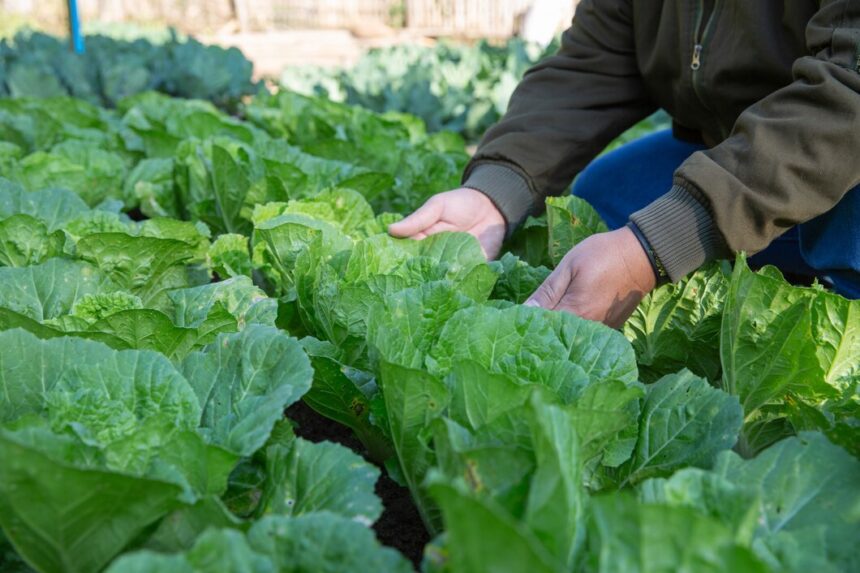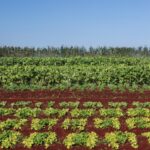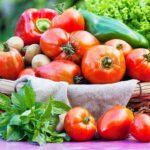Building sustainable vegetable farms in South Africa is essential for addressing food security, promoting environmental stewardship, and supporting local economies. Here are ten effective strategies to cultivate sustainable vegetable farming practices that can thrive in South Africa’s diverse climates and conditions.
1. Soil Health Management
Healthy soil is the foundation of sustainable farming. Use practices like crop rotation, cover cropping, and reduced tillage to enhance soil fertility and structure. Incorporate organic matter such as compost and green manures to improve soil microbial activity, which is vital for nutrient cycling.
2. Water Conservation Techniques
Water scarcity is a significant challenge in many regions of South Africa. Implement rainwater harvesting systems, drip irrigation, and mulching techniques to minimize water usage and enhance moisture retention in the soil. These practices can significantly reduce water waste and improve crop resilience during dry spells.
3. Integrated Pest Management (IPM)
Adopt IPM strategies that focus on natural pest control methods, such as introducing beneficial insects and using organic pesticides. By minimizing chemical inputs, farmers can protect the ecosystem while maintaining healthy vegetable crops.
4. Agroecological Practices
Embrace agroecology by designing farming systems that mimic natural ecosystems. This includes planting diverse crops, incorporating perennial plants, and creating habitats for beneficial wildlife. Agroecological practices improve biodiversity and resilience against pests and diseases.
5. Community Supported Agriculture (CSA)
Establish CSA programs to connect farmers directly with consumers. This model encourages local food production and consumption while providing farmers with a reliable income. CSAs also foster community engagement and awareness of sustainable farming practices.
6. Permaculture Principles
Utilize permaculture principles to create self-sustaining farming systems. Focus on designing efficient layouts that maximize space and resources while minimizing waste. Incorporate elements like food forests and companion planting to enhance biodiversity and productivity.
7. Organic Certification and Practices
Transition to organic farming methods and pursue organic certification. Organic practices not only promote environmental health but also appeal to a growing market of health-conscious consumers. Implementing organic methods can improve soil quality and reduce reliance on synthetic fertilizers and pesticides.
8. Education and Training
Invest in education and training for farmers to promote sustainable practices. Workshops, field days, and partnerships with agricultural extension services can provide valuable knowledge about new techniques, tools, and technologies for sustainable farming.
9. Utilizing Indigenous Knowledge
Incorporate indigenous agricultural practices and knowledge into farming methods. Indigenous farmers often have valuable insights into sustainable land use and crop management techniques that have been honed over generations.
10. Market Access and Fair Trade
Develop direct market access for sustainable produce through farmers’ markets, local restaurants, and online platforms. Engaging in fair trade practices ensures that farmers receive a fair price for their products while promoting ethical consumption.
Building sustainable vegetable farms in South Africa is not only possible but essential for the health of communities, ecosystems, and economies. By implementing these ten strategies, farmers can create resilient agricultural systems that contribute to food security, environmental sustainability, and social equity. Collaboration among farmers, consumers, and policymakers will be crucial in fostering a sustainable future for South Africa’s agricultural sector.
Join 'Farmers Mag' WhatsApp Channel
Get the latest Farming news and tips delivered straight to your WhatsApp
CLICK HERE TO JOIN






